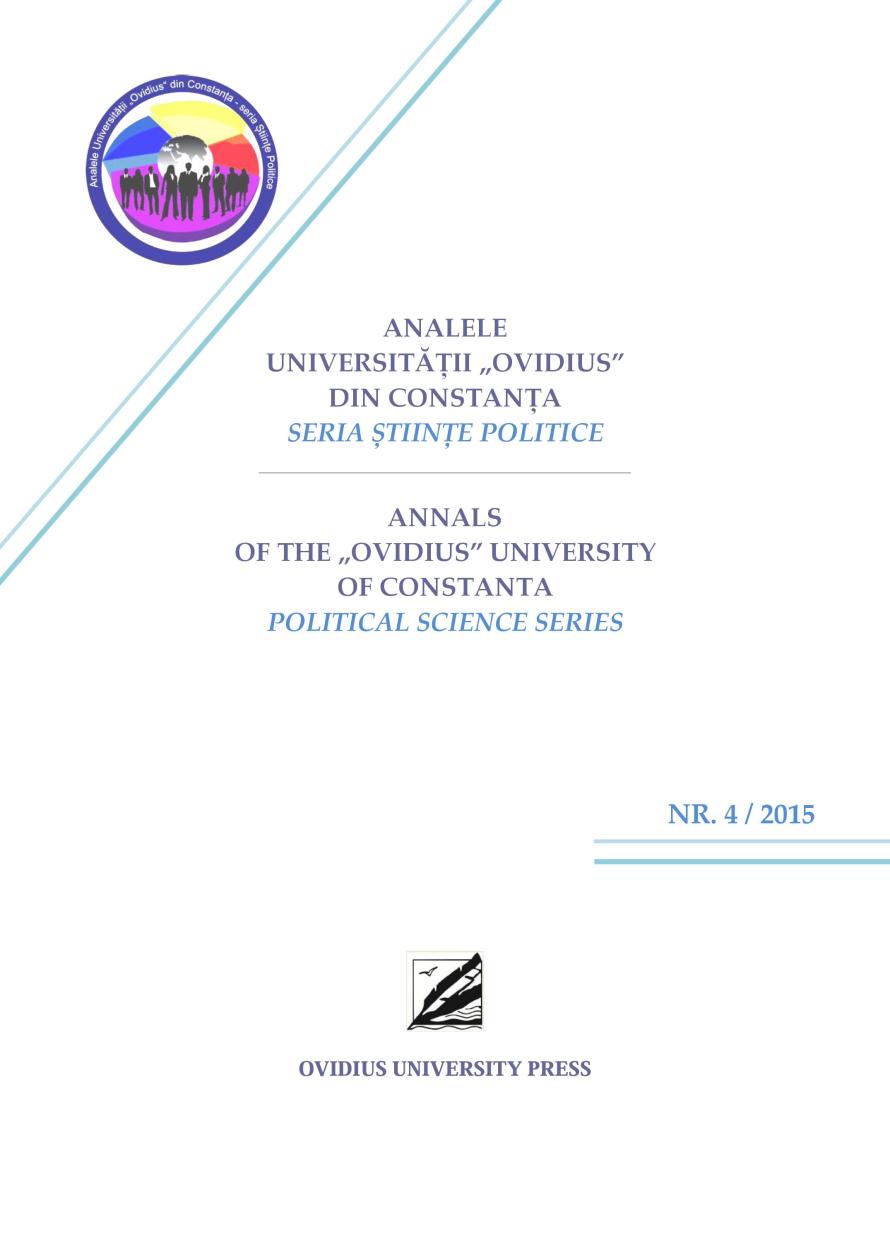The “Asymmetric Other”: Deconstructing Current Foreign Policy Practices
The “Asymmetric Other”: Deconstructing Current Foreign Policy Practices
Author(s): Luiza-Maria FilimonSubject(s): Politics / Political Sciences, Politics, Political Theory, Political Sciences, Governance
Published by: Ovidius University Press
Keywords: Critical Terrorism Studies deconstruction; binary oppositions; poststructuralism; security; terrorism; “war on terror”
Summary/Abstract: In this paper, I examine what are the consequences of the “war on terror” for the international system, from the perspective of Critical Terrorism Studies. For the better part of the last fifteen years, the “metanarrative” of security has been in a process of reconfiguration, restructuration as well as under the siege of deconstruction. Discourse analysis of the contemporaneous foreign policy binary oppositions, has showed how the identity of a terrorist Other has been invoked as a pretext for nation-building enterprises. Taking into account both the agency of the actors involved, as well as the prevalent discourses evoked by them, the following analysis illustrates the paradoxes of the contemporaneous narratives on terrorism by looking into the historical context, the geopolitical motivations and the long term potential consequences for the security environment. Avoiding the pitfalls of moral relativism, the discursive practice of the “war on terror” based in ideology, is reviewed from the standpoint of the current security status quo.
Journal: Annals of the Ovidius University of Constanta - Political Science Series
- Issue Year: 4/2015
- Issue No: 1
- Page Range: 57-78
- Page Count: 22
- Language: English

